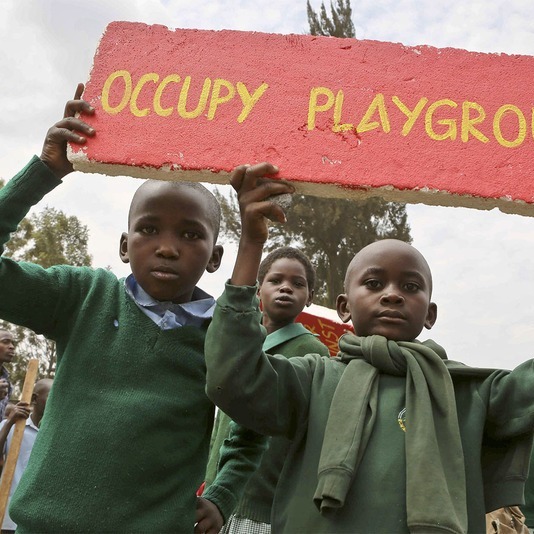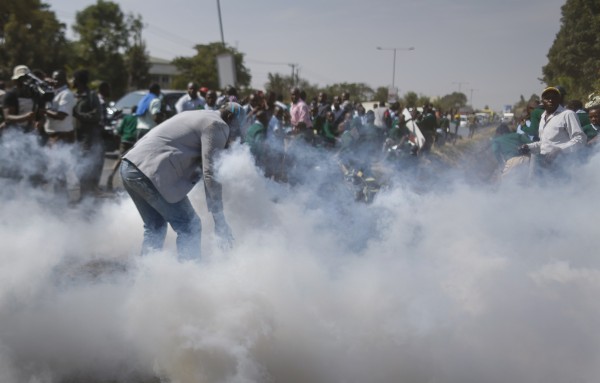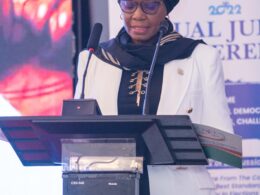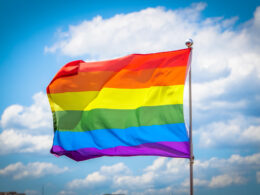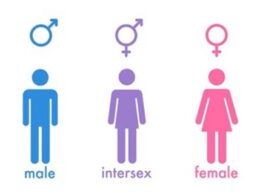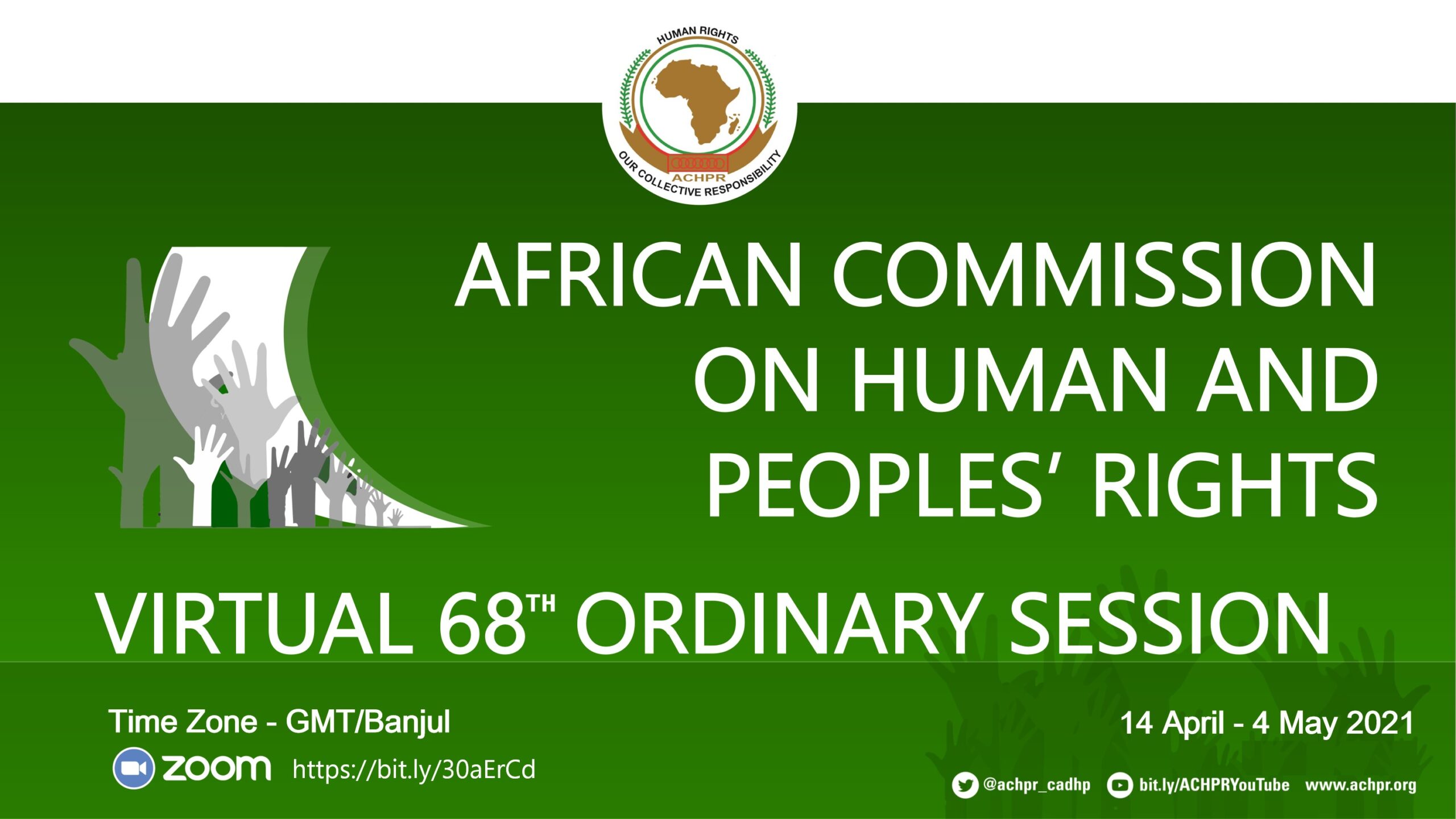The recent involvement of children in #Occupyplayground Protests at Lang’ata Road Primary has brought forth mixed feelings from many, and caused a debate on the merits and costs of involving children in protests and political actions. Questions have emerged whether it is responsible parenting to protect children from these issues or to involve children in the middle of a protest that involves police action and could become volatile. A classic example of youth engagement in political activism is the Soweto riots when children took the streets for a peaceful demonstration. The police reaction was brutal and that day at least twenty-five people were killed.
Predictably, some of the arguments that may be used to exclude children from protests include risks to children’s physical safety, the risk that children could be manipulated, and the need to protect children from adult issues. These notwithstanding, children may be capable of seizing issues around them and forming opinion around those issues. Roberta Bosisio, in his paper, “Right” and “Not Right”: Representations of Justice in Young People, observes that young people are social actors who possess the reasoning skills to face even complex questions of justice and moral issues with regard to situations affecting their everyday life, as well as more complex situations that are not part of their experience. Children’s increased awareness of social issues, at least from the age of eleven, is well documented. Penal regimes acknowledge that children may be capable of thinking logically and seeing things from the perspective of right and wrong. Section 14 (2) of Kenya’s Penal Code imputes criminal culpability from the age of twelve as is the case in many other jurisdictions. Moreover, there are examples of children organizing in order to further their own interests. In Kenya, the Children’s Government is an association that brings together child leaders to advocate for issues affecting children such as education, healthcare and protection from violence.
Positive Obligations
The Constitution of Kenya endorses the capability argument and recognizes the capacity of children to form and express an opinion regarding situations affecting their everyday life. Article 37 of the Constitution stipulates that every person has the right, peaceably and unarmed, to assemble, to demonstrate, to picket, and to present petitions to public authorities. Globally, the right of children to participate in matters affecting them has become increasingly recognized, and it needs to be acknowledged that children have as much to contribute to protest movements as adults. The right to freedom of assembly is well established in international human rights law. The right’s explicit inclusion in Article 15 of the Convention on the Rights of the Child (CRC) has provided a welcome clarification that such a right does indeed exist for this group. Children— defined here as those under the age of eighteen— are notable for their minority status even though the spectrum ranges from infants to young adults. Article 12 of CRC further stipulates that children should be heard in all matters affecting them.
Reflecting the growing recognition of the importance of protest as a human right, the mandate of the U.N. Special Rapporteur on the rights to freedom of peaceful assembly and of association was established in 2010. The Special Rapporteur has observed that protest is a means through which citizens can peacefully direct government attention to their issues. Because of the potential for protest as a peaceful alternative to violent means, the Rapporteur asserts, “peaceful protest must thus be protected, and protected robustly.”
However, it will not be possible to facilitate the right of children to peaceful protest unless their special vulnerabilities are adequately acknowledged. For this reason, the U.N. Committee on the Rights of the Child has emphasized the positive obligation that States have to ensure children’s safety in protest. The State has obligations to respect, protect and fulfill the right of children to participate in peaceful protests. The obligation to respect requires the State to ensure that their officials abstain from killing and torturing children involved in protest. The obligation to protect requires the State to ensure protection of protesting children from third parties. For example, States may have to ensure that gang masters do not attack children participating in peaceful protests. The obligation to fulfill requires the State to take positive action toward full realization of rights, including appropriate legislative, judicial, and budgetary measures. Because of children’s vulnerabilities, it is this aspect of State obligations that requires the greatest emphasis.
Steve Ogolla
Programme Officer
Human Rights Protection | ICJ Kenya






